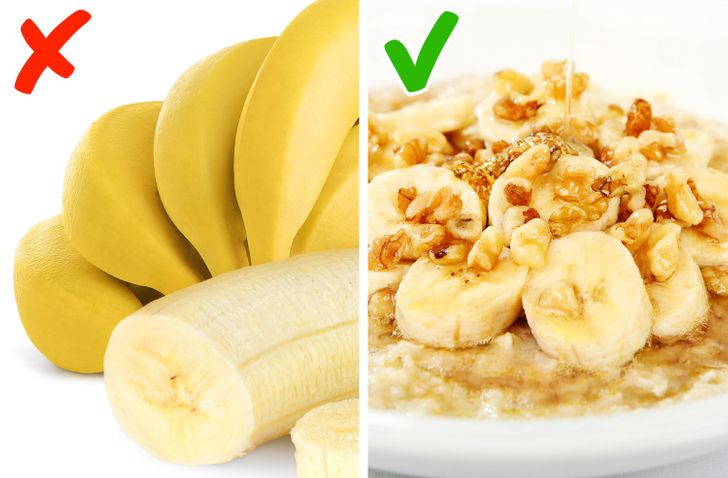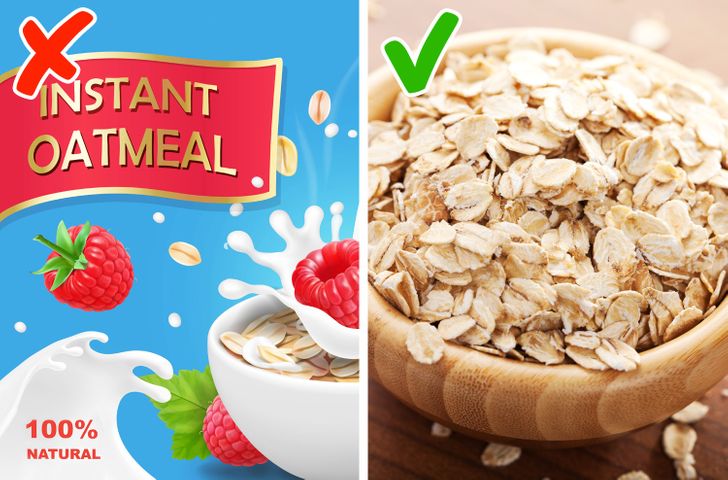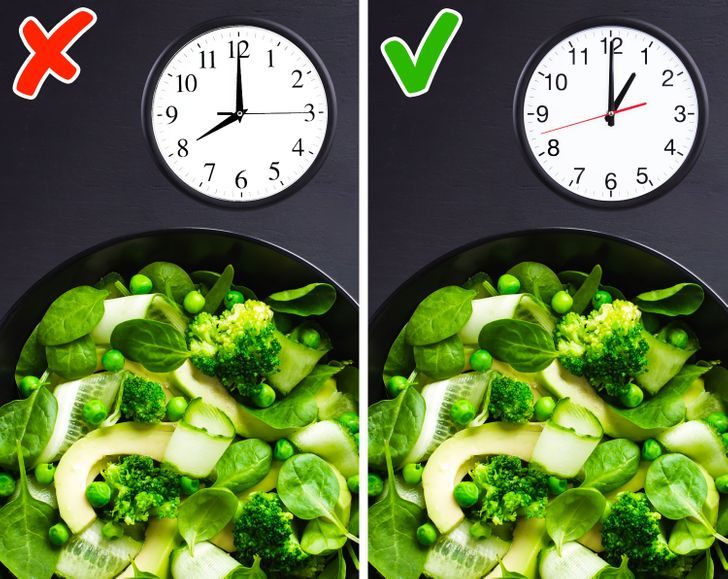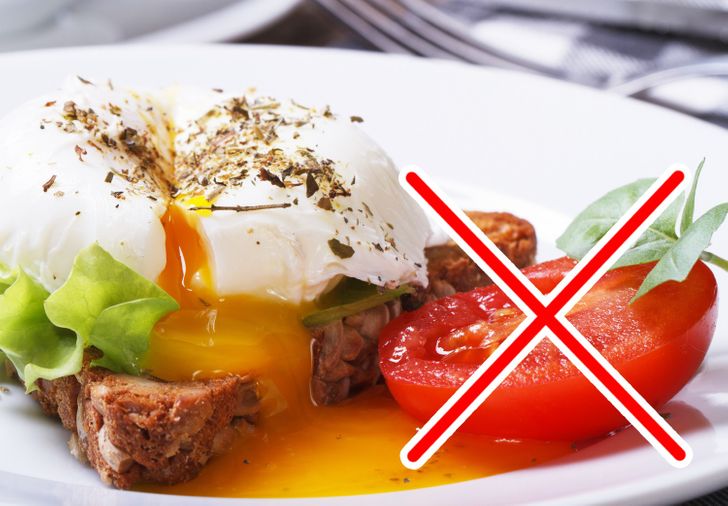Starting your day with the right foods is crucial for maintaining energy, focus, and overall health. However, not all foods are created equal—especially when consumed on an empty stomach. Some seemingly healthy options can wreak havoc on your digestion, spike blood sugar, or even lead to long-term health issues.
In this article, we’ll explore 8 foods you should never eat on an empty stomach, backed by science and expert advice. Whether you’re looking to improve digestion, avoid energy crashes, or simply feel your best, this guide will help you make smarter choices.
Best Food to Avoid on Empty Stomach in The Morning
7. Bananas: A Surprising Culprit for Blood Sugar Spikes

Bananas are often touted as a quick, healthy snack, but eating them on an empty stomach can do more harm than good. They’re high in magnesium and potassium, which, when consumed alone, can disrupt the balance of these minerals in your blood.
Expert Insight: According to Healthline, pairing bananas with a source of healthy fat or protein (like peanut butter) can mitigate this effect.
Why It’s Bad: The natural sugars in bananas can cause a rapid spike in blood sugar, followed by a crash, leaving you feeling sluggish.
6. Yogurt: A Probiotic Powerhouse That Can Backfire

Yogurt is packed with probiotics and nutrients, but eating it on an empty stomach can neutralize its benefits. The stomach’s high acidity when empty can kill the live cultures in yogurt, rendering it less effective.
Pro Tip: Enjoy yogurt as a mid-morning snack or after a meal to maximize its probiotic benefits (WebMD).
Why It’s Bad: The acidic environment can also irritate your stomach lining, leading to discomfort.
Pre-Mixed Oatmeal: Hidden Sugars and Digestive Woes

While oatmeal is a breakfast staple, pre-mixed or instant varieties often contain added sugars and artificial flavors. Consuming these on an empty stomach can lead to a sugar rush and subsequent crash.
Healthier Alternative: Opt for plain oats and add fresh fruit or nuts for natural sweetness and texture (Harvard T.H. Chan School of Public Health).
Why It’s Bad: The high sugar content can spike insulin levels, while the lack of fiber in instant oats fails to keep you full.
Raw Green Vegetables: A Fiber Overload for Your Stomach

Leafy greens like spinach and kale are nutritional powerhouses, but eating them raw on an empty stomach can be tough on your digestive system. Their high fiber content can cause bloating, gas, and discomfort.
Expert Advice: Cook your greens or pair them with a light protein source to ease digestion (Medical News Today).
Why It’s Bad: Raw vegetables are harder to digest, especially when your stomach is empty and lacks the enzymes needed to break them down.
Tomatoes: Acidic and Hard on Your Stomach Lining

Tomatoes are rich in vitamins and antioxidants, but their high acidity makes them a poor choice for an empty stomach. The tannic acid in tomatoes can increase stomach acid production, leading to heartburn or acid reflux.
Pro Tip: Pair tomatoes with other foods to neutralize their acidity, such as in a sandwich or salad (Cleveland Clinic).
Why It’s Bad: Excessive stomach acid can irritate the lining of your stomach, causing discomfort or even gastritis over time.
Citrus Fruits: A Sour Start to Your Day
Oranges, grapefruits, and other citrus fruits are packed with vitamin C, but their high acidity can be harsh on an empty stomach. This can lead to heartburn, acid reflux, or even stomach ulcers in sensitive individuals.
Healthier Option: Enjoy citrus fruits as part of a balanced meal or snack to buffer their acidity (Mayo Clinic).
Why It’s Bad: The acidity can irritate the stomach lining and trigger digestive issues.
Cold Beverages: A Shock to Your Digestive System

Starting your day with cold water or iced drinks might seem refreshing, but it can shock your digestive system and slow down metabolism. Cold beverages can also constrict blood vessels, impairing digestion.
Expert Tip: Opt for warm or room-temperature water with lemon to kickstart your metabolism (Healthline).
Why It’s Bad: Cold drinks can solidify fats in your stomach, making them harder to digest and leading to discomfort.
Spicy Foods: A Recipe for Stomach Irritation
Spicy foods like chili peppers or hot sauce can irritate the stomach lining, especially when eaten on an empty stomach. The capsaicin in spicy foods can trigger acid production, leading to heartburn or gastritis.
Pro Tip: Save spicy dishes for later in the day when your stomach has other foods to buffer the heat (WebMD).
Why It’s Bad: Spicy foods can cause inflammation and discomfort, particularly if your stomach is empty.
Conclusion: Start Your Day Right
What you eat on an empty stomach sets the tone for your entire day. Avoiding these 8 foods can help you maintain better digestion, stable energy levels, and overall health. Instead, opt for gentle, nutrient-dense options like whole grains, nuts, or warm herbal teas to start your morning right.
Share the Knowledge: Help your friends and family make smarter breakfast choices by sharing this article!









